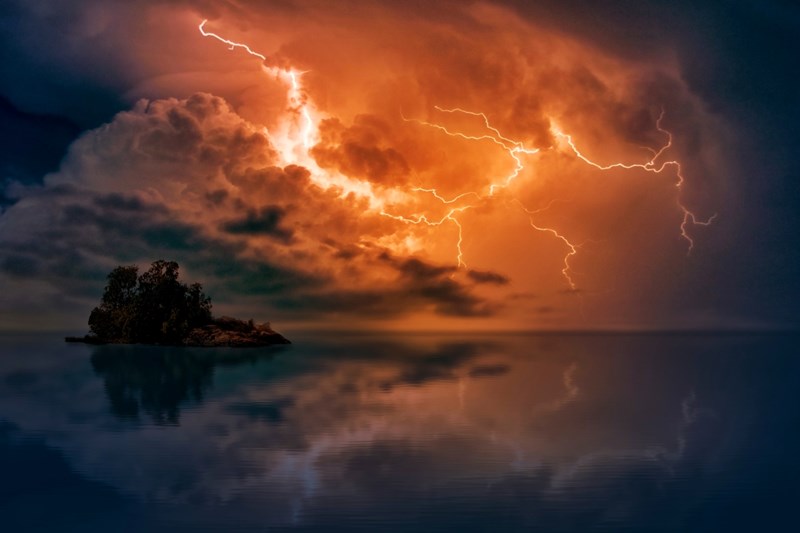From Wednesday 10 September 2025, there have been reports of flash flooding in Bali. This caused road closures and has had an impact on flights from Denpasar Airport. Some flights have been cancelled due to the bad weather, and some major roads have been blocked because of damage from the weather.
-----
Since 9 September 2025, there has been civil unrest and riots in Nepal. As per our current understanding, there have been flight cancellations after airport closures. Smart Traveller has advised that the airport has since re-opened, however, they have advised passengers to not go to the airport until their flights are confirmed. Smart Traveller has also advised “The situation may continue to deteriorate without warning. Nepal authorities are enforcing curfews in the Kathmandu Valley and in major cities across Nepal”.
What to do
-
Follow local government and media advice.
-
Contact your airline, cruise company, travel agent, travel provider etc as they should be able to provide immediate help with rescheduling or providing you with your options.
-
Check Smartraveller's website and their Facebook.
-
Submit a claim for this event.
Are you overseas and need emergency medical help?
If you need emergency help, contact our Emergency Assistance team.
- Phone: +61 2 8320 7999
- E-mail: emergency@fastcover.com.au
The Australian Government also offers 24-Hour Consular Assistance for travellers overseas:
- Phone: +61 2 6261 3305
- SMS: +61 421 269 080
Relevant articles:
Bali Flooding:
Civil Unrest in Nepal
 †
†





